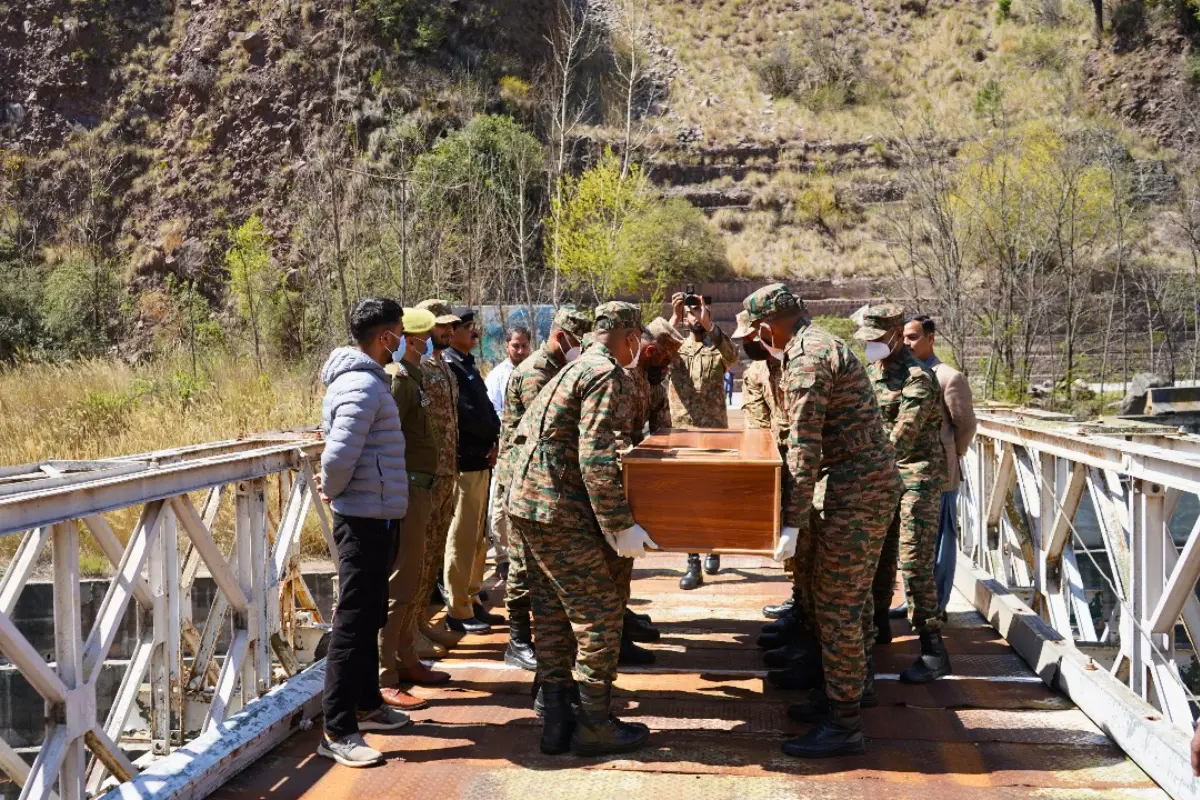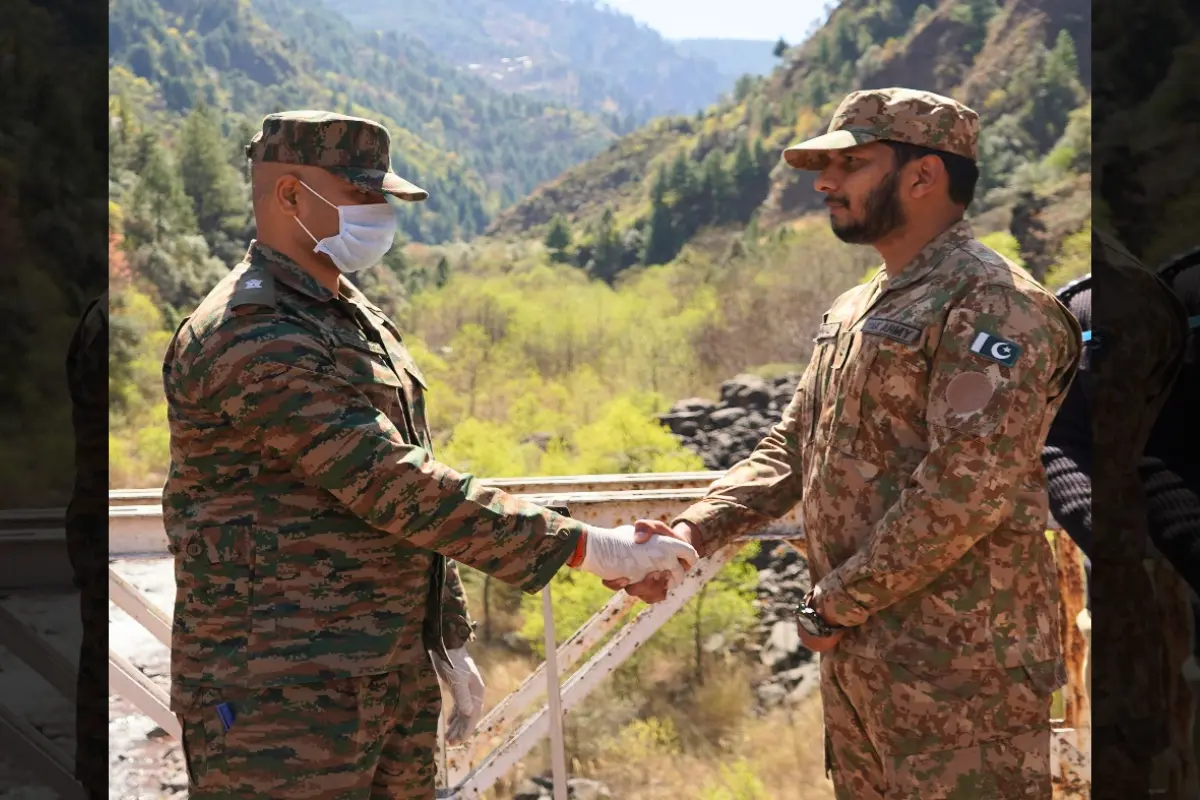NEW DELHI: The Indian Army successfully facilitated the return of the mortal remains of two missing youths from Pakistan-Occupied Jammu and Kashmir (PoJK). The incident occurred on March 5, when Yasir Hussain Shah from Busgran, Uri, and Asiya Bano from Kundi Barjala, Uri, drowned in the Jhelum River.
The event unfolded when Yasir Hussain Shah and Asiya Bano accidentally fell into the Jhelum River while near its banks in Uri, Jammu and Kashmir. Following the incident, local authorities immediately sought assistance from the Indian Army. Responding to the distress call, the Army, along with the Marine Commandos (MARCOS), launched an extensive search operation to locate the missing individuals.
Despite challenging weather conditions and strong river currents, the search operation continued relentlessly. On March 20, the Army managed to spot the body of Yasir Hussain Shah floating in the Jhelum River. However, the swift water currents carried the remains across the Line of Control (LoC) into the Chakothi sector of PoJK, making retrieval efforts complex.
Recognizing the sensitive nature of the situation, Indian Army officials engaged in coordinated efforts with their Pakistani counterparts. The initiative led to the formal repatriation of the bodies of both deceased individuals on March 22. The handover took place at the Kaman Aman Setu in the Uri sector, a historic bridge symbolizing peace and diplomatic exchange between India and Pakistan.
Following the formal handover, the mortal remains were transported back to their respective villages, where they were received by grieving family members.
This event marks a rare instance of diplomatic and humanitarian coordination between India and Pakistan, particularly in the conflict-sensitive region of Jammu and Kashmir.
The successful repatriation effort underscores the Indian Army’s dedication to serving civilians in distress, irrespective of the challenges posed by territorial boundaries.
The incident remains a poignant reminder of the crucial role played by security forces in humanitarian missions and the need for continued cross-border cooperation in similar circumstances.












